GE IS210MACCH1AKH
GE IS210MACCH1AKH is a high-performance controller module produced by General Electric (GE), mainly used in the fields of industrial automation and process control.
product overview
IS210MACCH1AKH is part of the GE Mark VIe control system, designed specifically for industrial automation and process control, suitable for scenarios that require high-speed, real-time control and monitoring. It adopts a high-performance embedded processor, supports multiple communication protocols (such as Ethernet, RS-232, RS-485, etc.), and has anti-interference ability, which can operate stably in complex industrial environments.
technical specifications
Working temperature range:- 30 ° C to 70 ° C, in compliance with industry standards.
Communication interface: Supports protocols such as Ethernet, RS-232, RS-485, etc.
Processor performance: Equipped with high-performance embedded processors that support multitasking.
Modular design: easy to install, expand, and maintain, seamlessly integrated with other GE control systems.
Application scenarios
IS210MACCH1AKH is widely used in the following fields:
Energy production: control of gas turbines, steam turbines, and wind turbines.
Chemical, pharmaceutical, metallurgical, power and other industries: used for automated production lines, process control and data collection.
Oil and gas industry: used for vibration monitoring, process control, and safety monitoring.
Functional Features
High performance processing capability: supports high-speed data processing and real-time control, suitable for complex control scenarios.
Anti interference capability: Complies with industrial electromagnetic compatibility standards and is suitable for harsh environments.
Modularity and flexibility: Supports plug-in installation for easy system expansion and maintenance.
Diagnosis and fault detection: Integrated self diagnostic function, real-time monitoring of module status, reducing downtime.
compatibility
IS210MACCH1AKH is compatible with GE Mark VIe control system and can be seamlessly integrated with Mark V control system to ensure efficient operation of the system.
Other information
This module adopts advanced manufacturing processes and high-quality electronic components to ensure stability and reliability in complex industrial environments.
Its compact design makes it easy to install and maintain, while also featuring durable materials and coating protection to extend product lifespan.
GE IS210MACCH1AKH is a high-performance and highly reliable controller module suitable for various application scenarios in the fields of industrial automation and process control. Its outstanding performance and flexibility make it a key component in industrial control systems.
.jpg)
First hand source, affordable price. Spot inventory!
•Shipping Port: Xiamen
•Ship to you via Fedex/DHL/TNT/UPS/EMS
•Package: Original packing with cartons
GE Hot Selling models
| GE 281B7946G1301 | GE DS3800HPBC1A1B |
| GE DS3800DGTA1C1D | GE DS200TCQCG1AJD |
| GE DS3800DMPK1e1d | GE IS200BCAAH1ABA |
| GE DS3800HCIC1E1E | GE DS3800NFDB1A1A |
| GE DS3800HMPK1J1H | GE IS200EMIOH1ACA |
| GE DS3800XTFP1E1C | GE IS200EMIOH1A |
| GE DS3800NB1F1B1A | GE IS200JPDHG1AAA |
| GE DS3800HPIB | GE IS200JPDMG1AAA |
| GE DS3800DFXA1B1C | GE DS3800NPCM1B1B |

What is a DCS?
A Distributed Control System (DCS) is a sophisticated, computer-based control system designed to automate, monitor, and manage complex industrial processes. It is widely used in large-scale industrial facilities such as refineries, power plants, chemical plants, and paper mills, where precision, reliability, and scalability are critical.
How Does a DCS Work?
A DCS is composed of several interconnected components that work seamlessly to ensure efficient process control. Here’s a breakdown of its key elements:
- Controllers:
These are the “brains” of the system. Controllers receive data from sensors, process it using pre-programmed logic, and send output signals to actuators to maintain optimal process conditions. - Sensors:
Sensors act as the “eyes and ears” of the system, measuring critical physical parameters such as temperature, pressure, flow rate, and level. This real-time data is essential for accurate control. - Actuators:
Actuators are the “muscles” of the system. They execute physical actions based on controller commands, such as opening/closing valves, starting/stopping motors, or adjusting dampers. - Operator Stations:
These serve as the human-machine interface (HMI), allowing operators to monitor the process, adjust setpoints, and troubleshoot issues. Modern DCS systems often feature intuitive graphical interfaces for ease of use. - Communication Network:
The backbone of the DCS, this network connects all components, enabling seamless data exchange and coordination. It ensures that every part of the system works in harmony, even across large industrial sites.
Why is a DCS Important?
- Centralized Control with Distributed Execution: A DCS allows for centralized monitoring while distributing control functions across multiple controllers, reducing the risk of system-wide failures.
- Scalability: It can easily expand to accommodate growing operational needs.
- Reliability: Redundant systems and fail-safes ensure continuous operation, even in critical environments.
- Efficiency: Optimizes processes, reduces waste, and improves overall productivity.


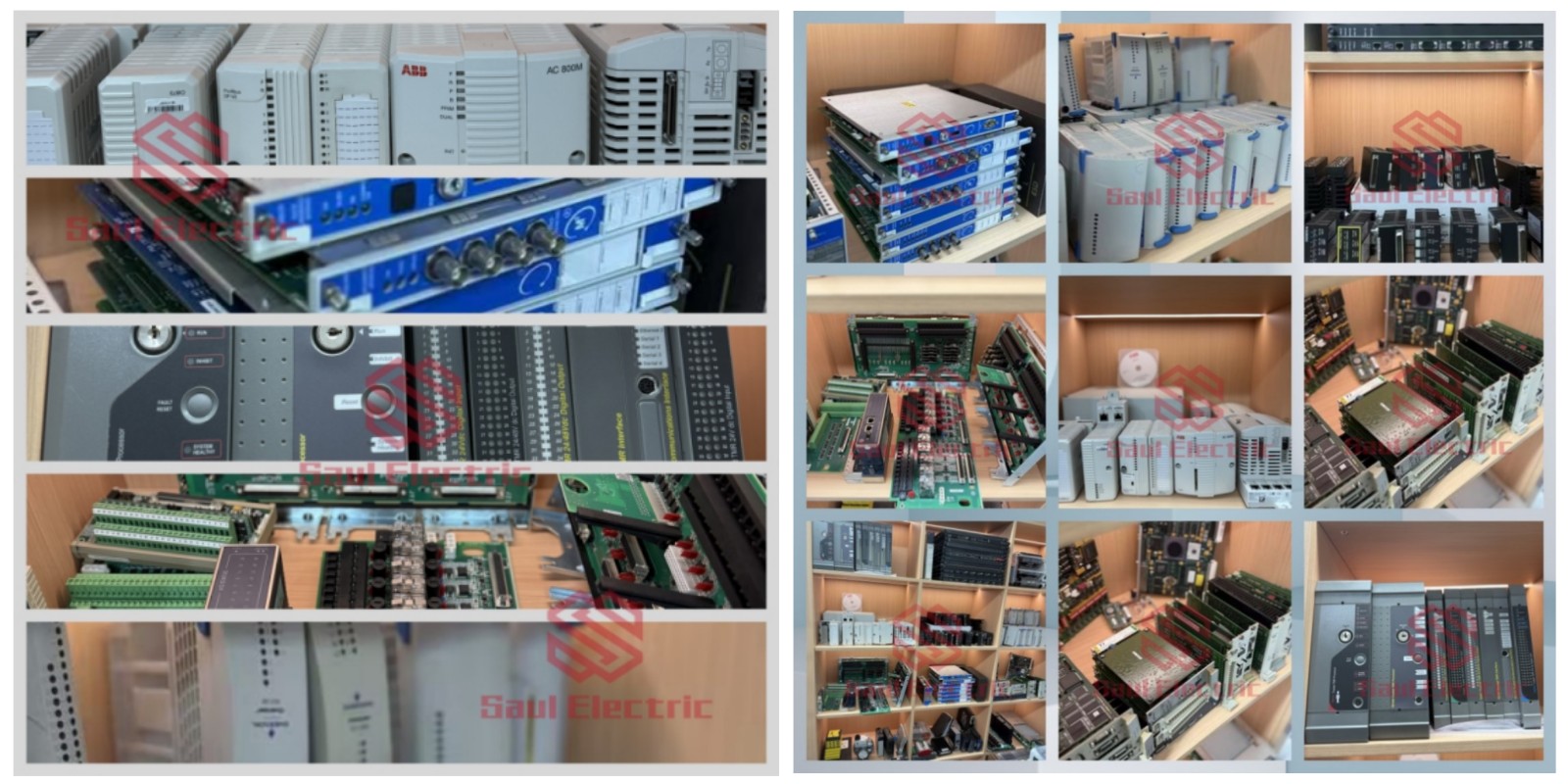

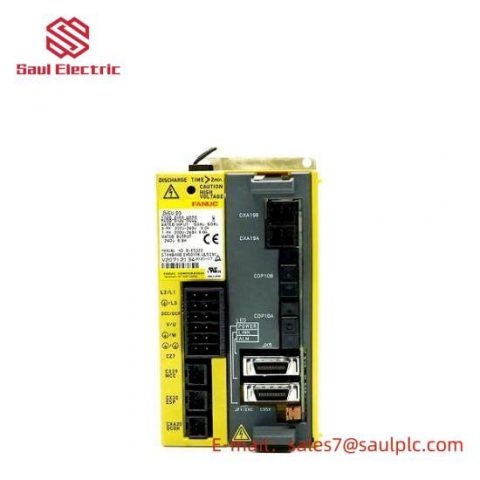
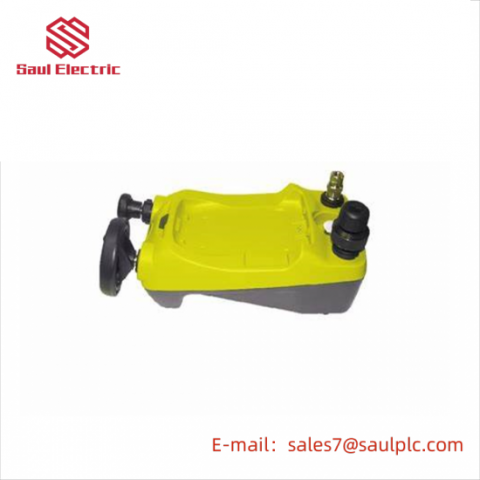
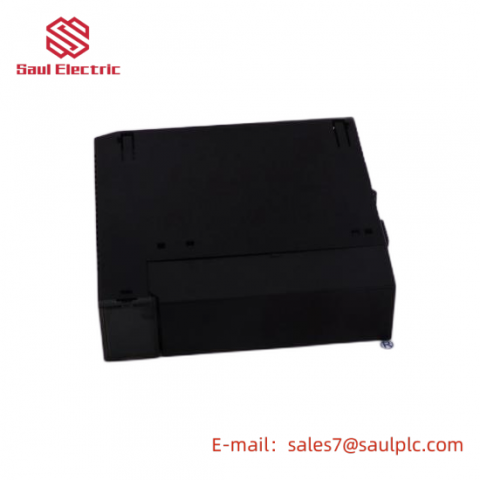
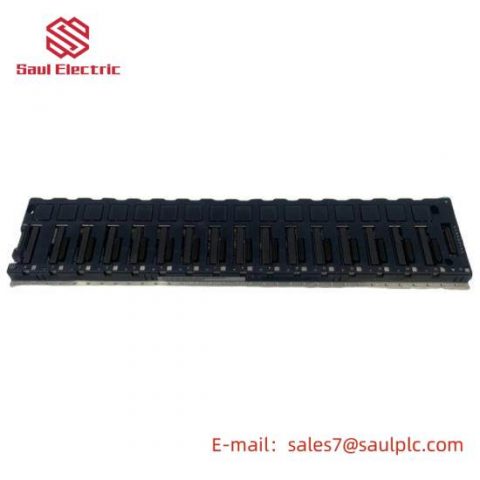

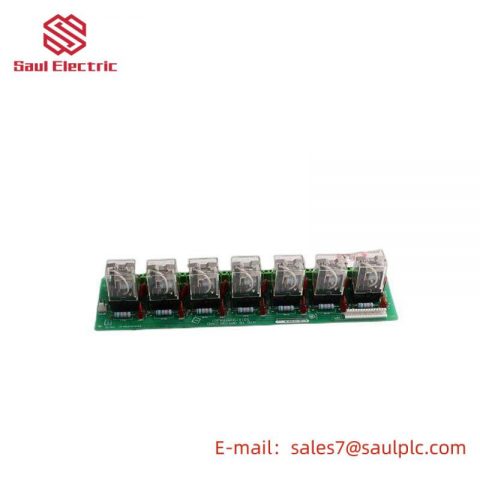
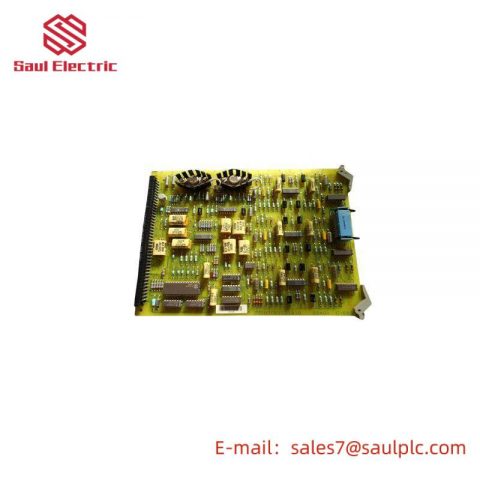
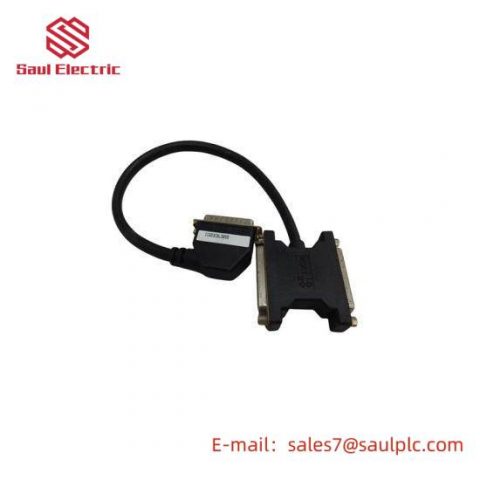
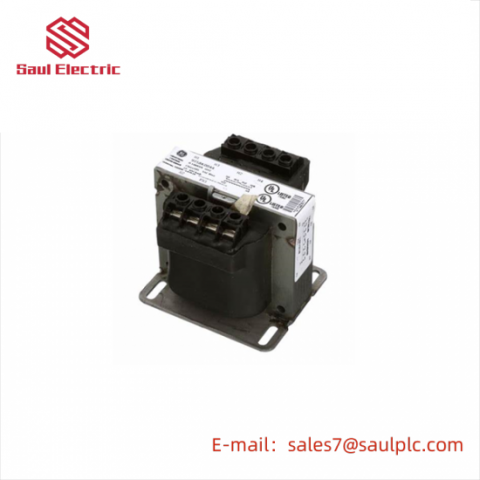
There are no reviews yet.